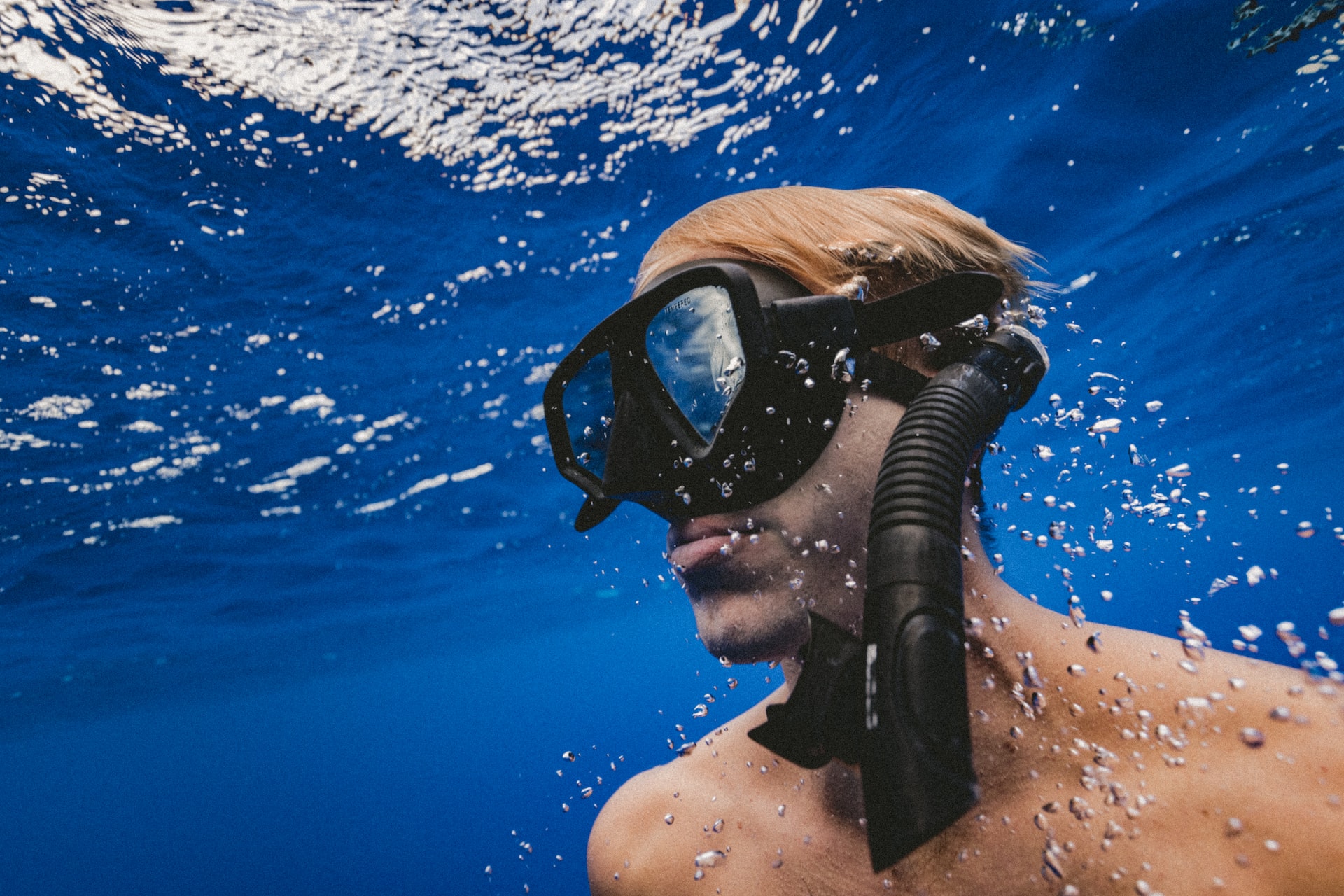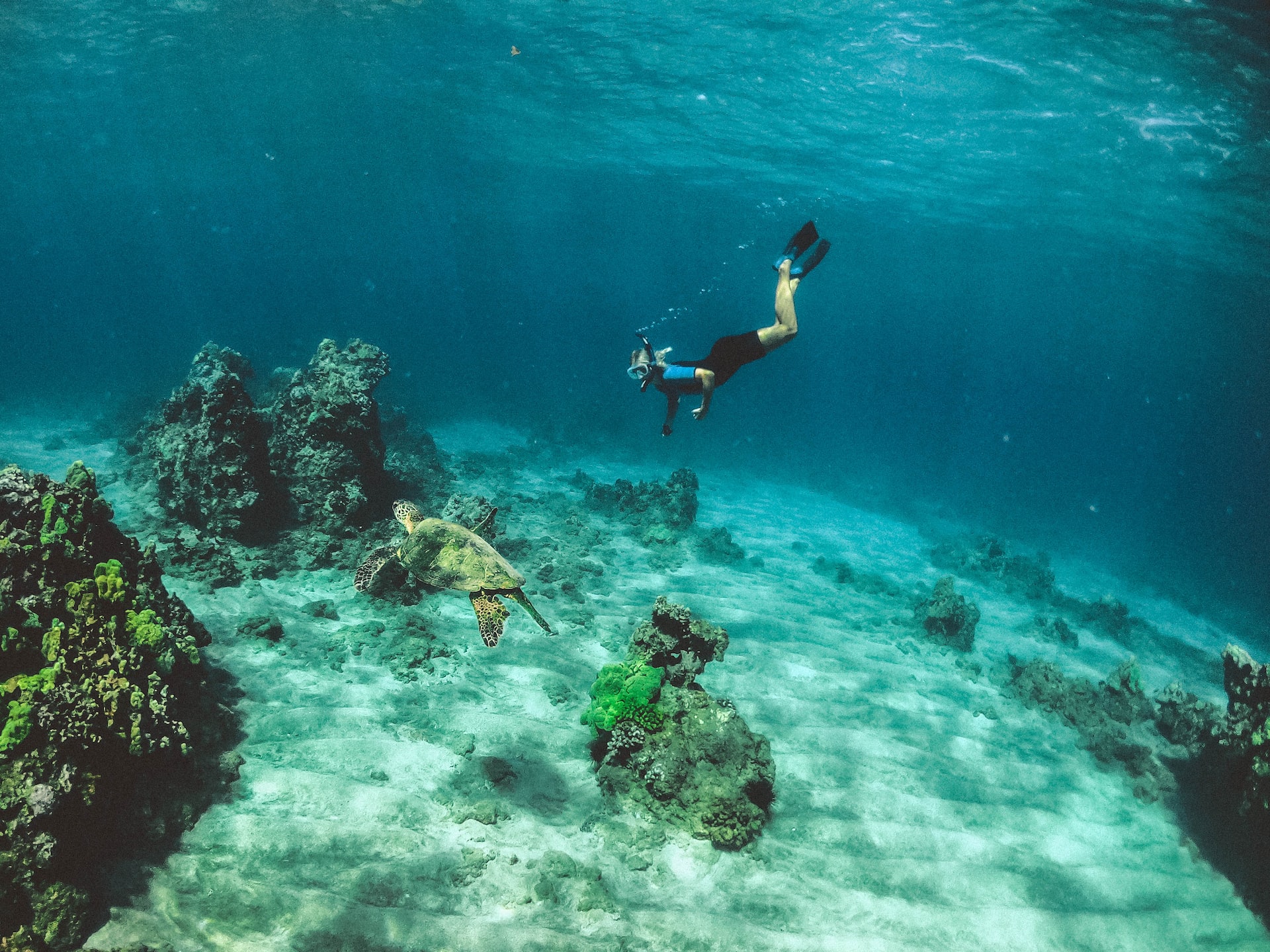Four Steps to Prevent Diving-Related Vertigo

Diving-related vertigo is a common ailment that affects divers at any point in their diving careers. It can be caused by several factors, including inadequate training, improper use of equipment, and conditions such as ear barotrauma or decompression sickness. In this blog post, we will discuss four steps you can take to prevent diving-related vertigo so you can enjoy your next dive without worry about getting sick.
Don’t drink and dive
One of the most common culprits when it comes to vertigo causes is alcohol. Many divers have reported the condition after drinking at dinner before their dive. Thus, if you plan to drink on your dive trip, avoid diving for at least 24 hours afterwards. This will help prevent vertigo caused by alcohol flush.
Wear the right Mask
Wearing the wrong kind of mask can increase y our chances of vertigo. For example, if you wear a low-volume, frameless mask with no skirt to keep it sealed against your face, vertigo is possible because there is less airspace between the water and your eardrums.
our chances of vertigo. For example, if you wear a low-volume, frameless mask with no skirt to keep it sealed against your face, vertigo is possible because there is less airspace between the water and your eardrums.
Avoid Vertigo-Inducing Activities
Divers who have reported vertigo after their dives did so because of the physical exertion they experienced before or during them, such as strenuous exercise or scuba diving while wearing a heavyweight belt. To avoid vertigo due to this cause, don’t engage in high-intensity activities immediately before or during your dive.
Don’t Go Too Deep
As with vertigo caused by physical exertion, diving deeper than usual also puts you at higher risk because of nitrogen narcosis or oxygen toxicity. Don’t swim to greater depths than normal. This will help prevent the onset of vertigo caused by decompression sickness or nitrogen narcosis.